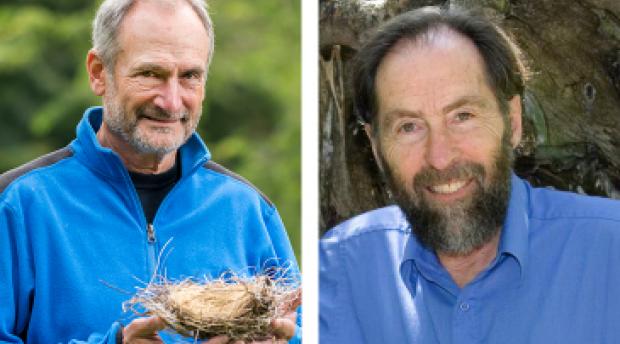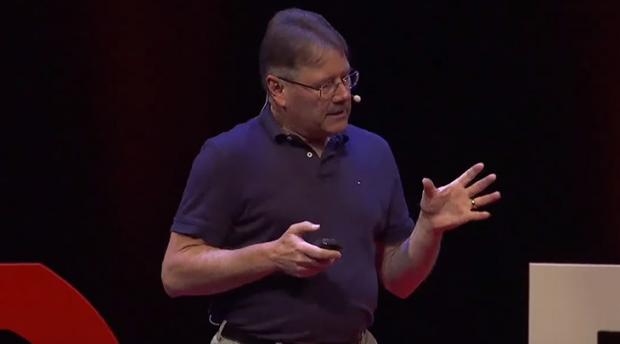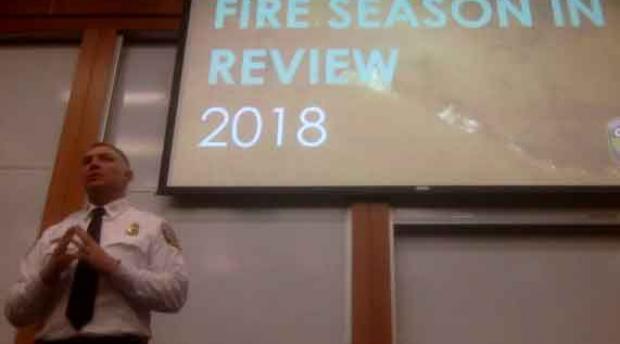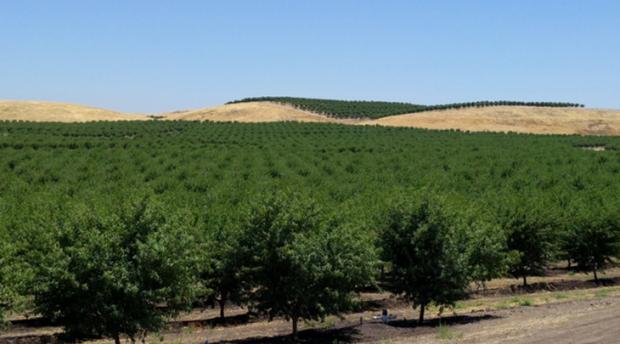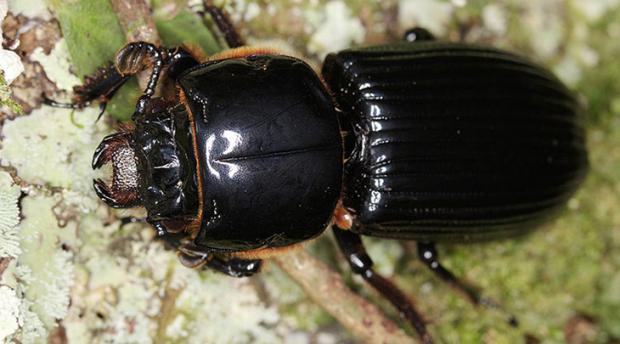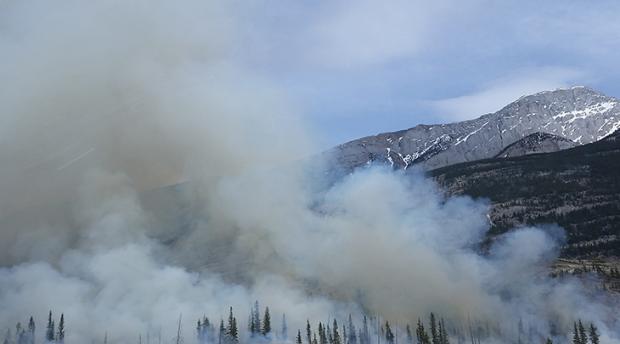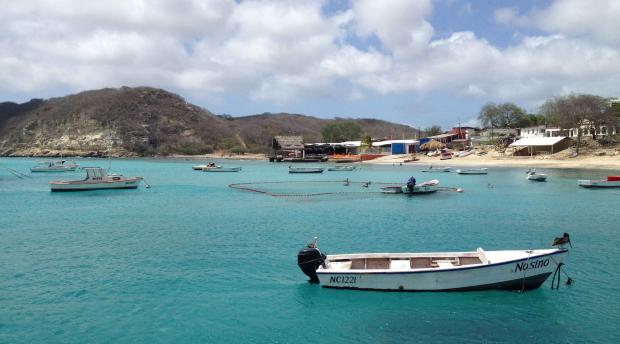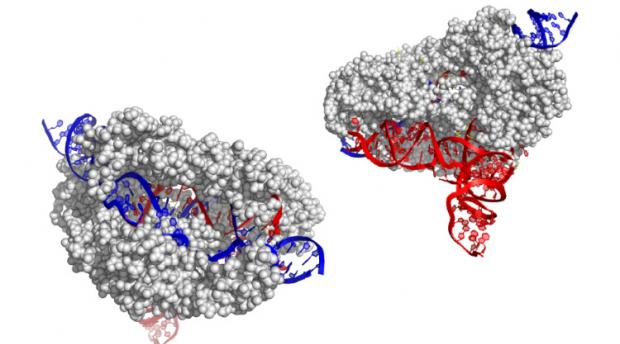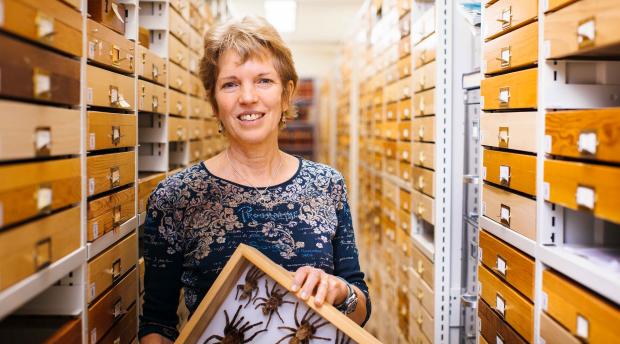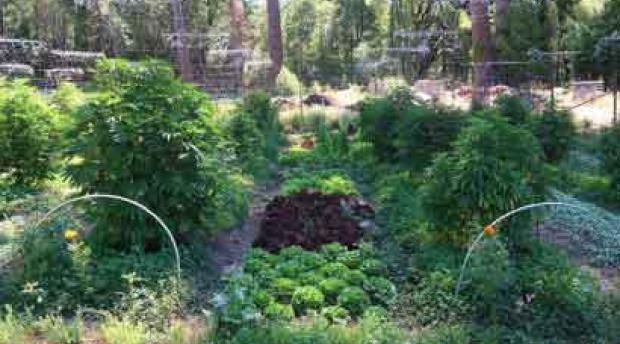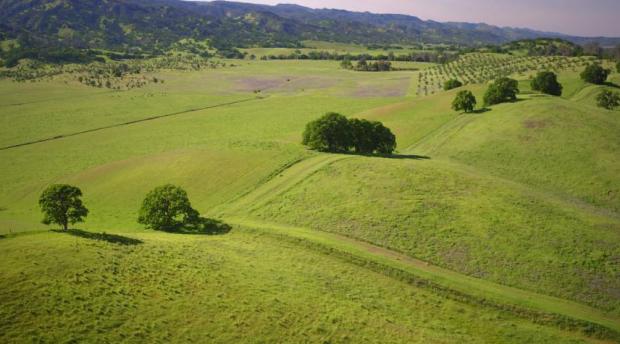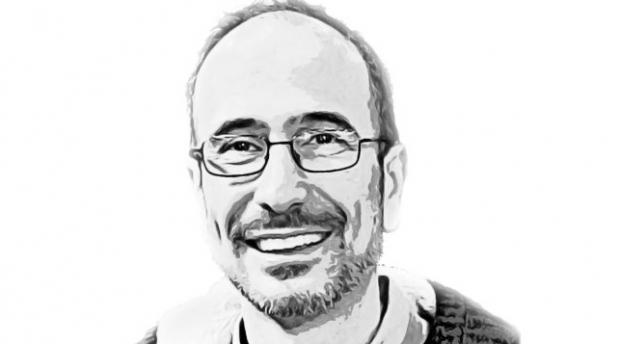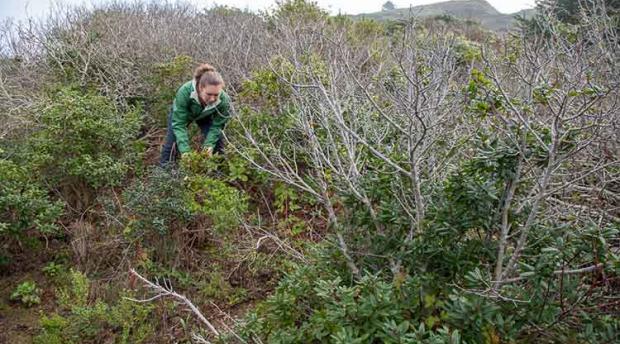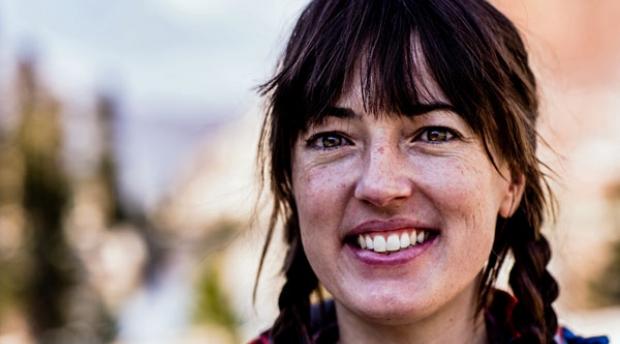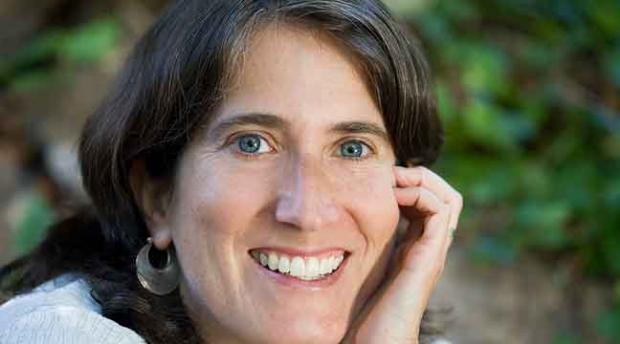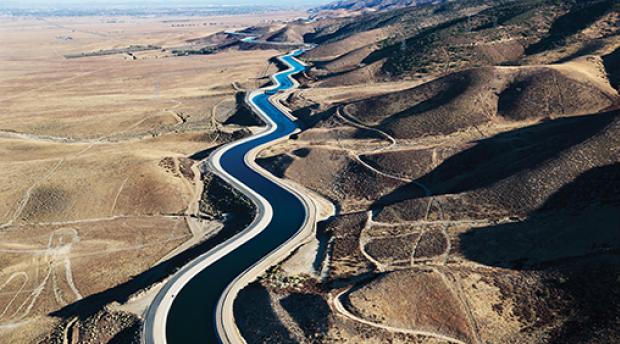Steven Beissinger and John Harte are recognized for their contributions to the science of ecology.
Scott Stephens speaks at TEDxBerkeley
Professor Scott Stephens' talk centered on the role of wildfires throughout California.
Enter the College of Natural Resources Photo Contest
Submit your best CNR-related images by April 19th for a chance to win prizes and to have your work featured online and in print.
CAL FIRE director Thom Porter visits Berkeley Forests
The UC Berkeley Forestry alumnus spoke as part of the 2019 William Main Seminar Series.
In memoriam: Dennis Earl Teeguarden
Teeguarden’s forest economics scholarship was influential in the development and implementation of state and federal policy.
CalLands maps cropland ownership across California
A new online tool allows users to access information on land ownership throughout California's croplands and to see how it affects them.
This beetle's gut may hide clues to making better biofuels
Researchers identify a unique architechture within the gut of the passalid beetle, one that could help them better produce bioproducts in the lab.
Misinformation among landowners may inhibit reforestation efforts
A recent study from professor Lynn Huntsinger highlights the struggles faced by landowners in reforestation efforts amidst ongoing wildfires.
Patrick Gonzalez testifies before congress
Patrick Gonzalez as well as Jonathan Jarvis commented on the effects of climate change and government shutdowns on national parks.
Team publishes paper on 'food inequality, injustice and rights'
A recent study from professor Paolo D'Odorico and a team of environmental scientists indicates the importance of trade in equitable global food production and distribution.
Assessing coral bleaching vulnerability in the Caribbean
A new study finds that in the Caribbean, independent island nations are less vulnerable to coral bleaching than island territories.
Scientists find new and smaller CRISPR gene editor: CasX
Discovered two years ago by UC Berkeley scientists including Jill Banfield, the protein was similar to CRISPR, but quite a bit smaller: a big advantage if you’re trying to deliver a gene editor into a cell.
Rosemary Gillespie receives Alfred Russel Wallace Award
The award is given annually by the International Biogeography Society for individual lifetime achievement in the field of biogeography.
Cannabis Research Center to explore environmental, social impacts of legalization
The new Center will explore how cannabis production impacts the environment and society, and how these impacts will evolve under new regulations.
$4.7M to Study Storing Greenhouse Gases in Soil
An ambitious new multicampus consortium is seeking ways to capture billions of tons of carbon dioxide and bring net carbon emissions in California to zero by 2045.
The Future of Water Research: An Interview with Paolo D’Odorico
EuropeNow interviewed Professor Paolo D'Odorico on his interdiciplinary water research.
Is habitat restoration actually killing plants in the California wildlands?
New research highlights for the first time the widespread and deadly threat of the soil- and waterborne pathogen Phytophthora in CA restoration sites.
Science adventures to help curb extinction
Graduate student Joan Dudney discusses surveying whitebark pine in the Sierras, and if the species will soon be listed as endangered.
Rachel Morello-Frosch receives Chancellor's equity award
The Chancellor's Award for Advancing Institutional Excellence and Equity recognizes faculty who advance inclusion and diversity through their research, teaching, and service.
Five Key Lessons
The UC Water Academy is a new course aimed at teaching students all about California's water; here are five key takeaways from the course.


